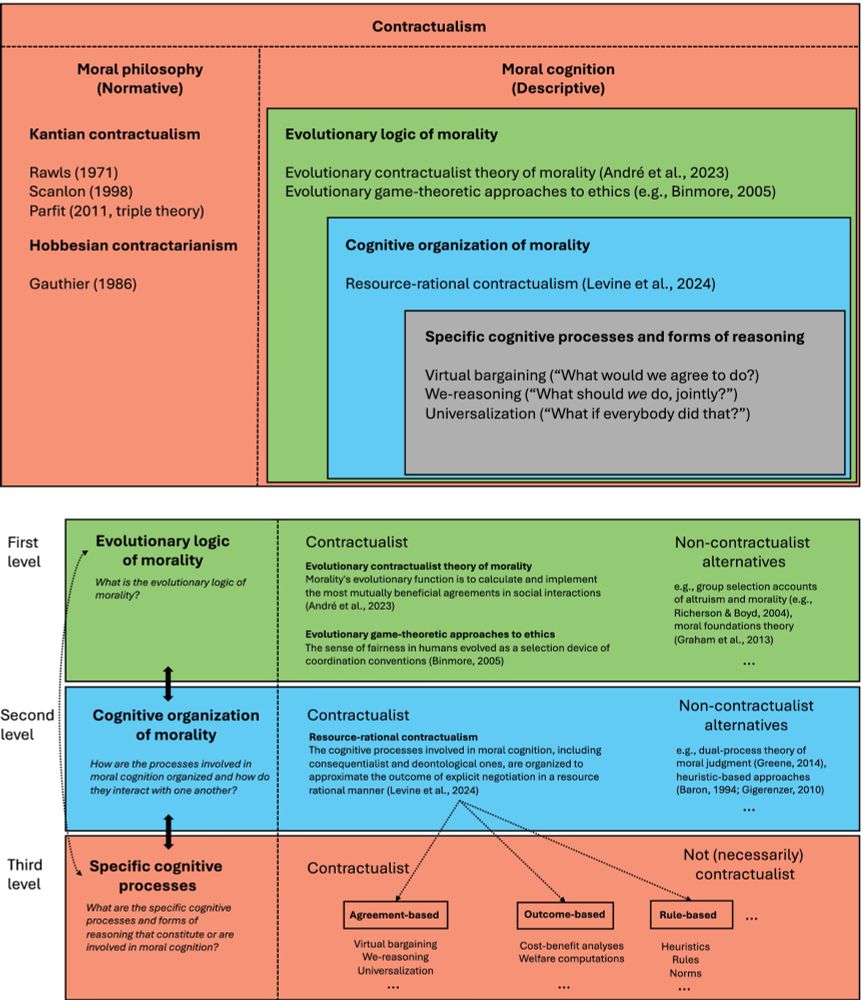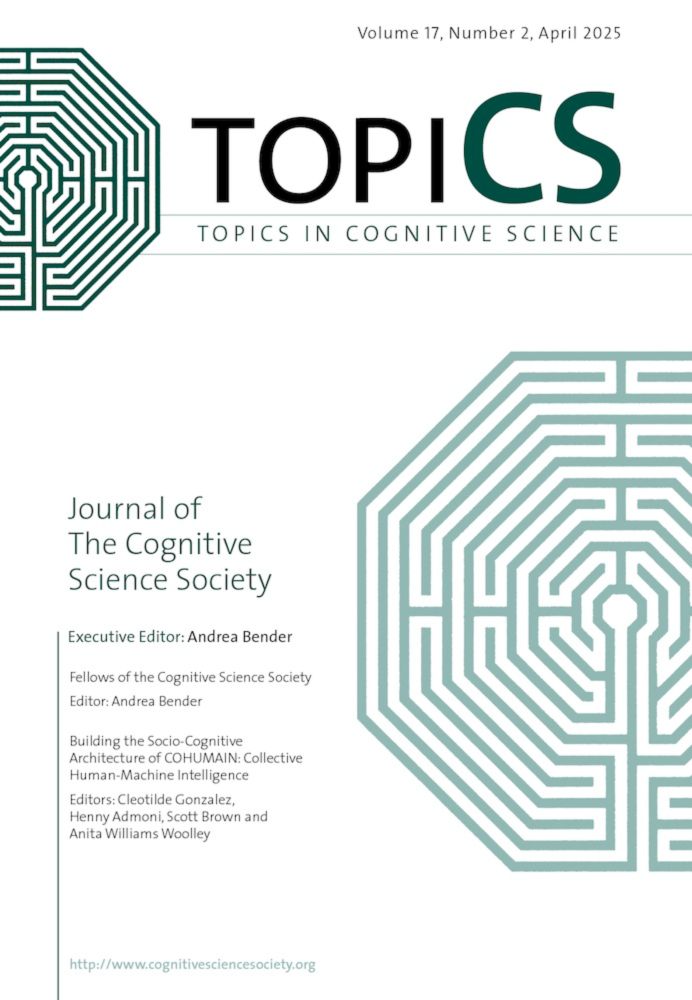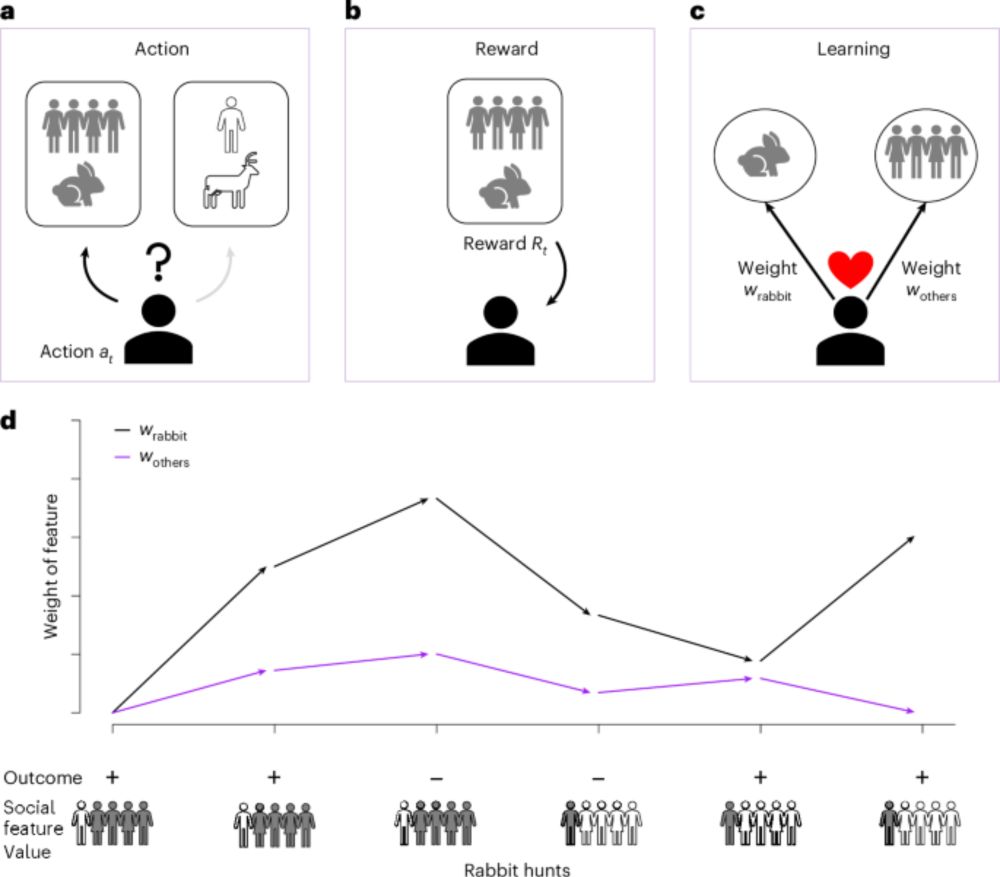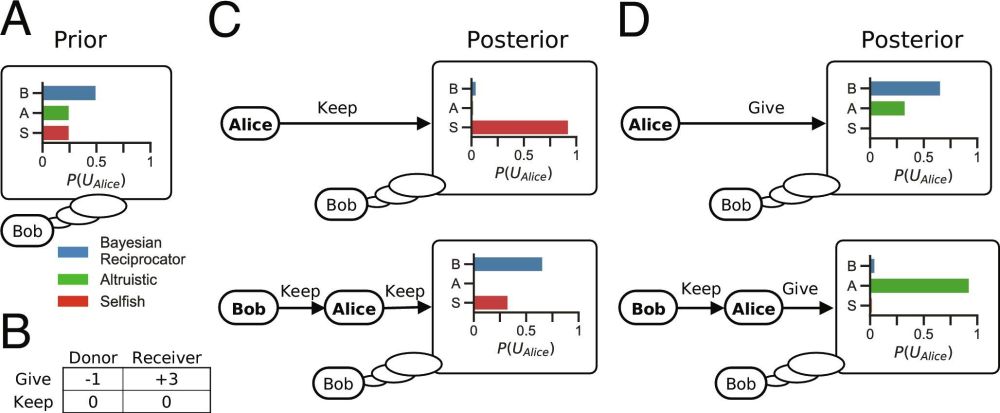Fiery Cushman
@fierycushman.bsky.social
2.5K followers
140 following
10 posts
Psychologist, but not the kind that can help you
Posts
Media
Videos
Starter Packs
Reposted by Fiery Cushman
Reposted by Fiery Cushman
Reposted by Fiery Cushman
Reposted by Fiery Cushman
Reposted by Fiery Cushman
Reposted by Fiery Cushman
Reposted by Fiery Cushman
Gregg D Caruso
@greggdcaruso.bsky.social
· Aug 22

Studying philosophy does make people better thinkers, according to new research on more than 600,000 college grads
Philosophers are fond of saying that their field boosts critical thinking. Two of them decided to put that claim to the test.
theconversation.com
Reposted by Fiery Cushman
Reposted by Fiery Cushman
Reposted by Fiery Cushman
Reposted by Fiery Cushman
Reposted by Fiery Cushman
Reposted by Fiery Cushman
Amitai Shenhav
@ashenhav.bsky.social
· Jul 25
Reposted by Fiery Cushman
Reposted by Fiery Cushman
Fiery Cushman
@fierycushman.bsky.social
· Jul 11

Contractualist Moral Cognition: From the Normative to the Descriptive at Three Levels of Analysis
Visual summary of the paper. Taking inspiration from the contractualist tradition in moral philosophy is helpful to better understand morality at three interrelated levels of analysis: Its evolutiona...
wires.onlinelibrary.wiley.com

















